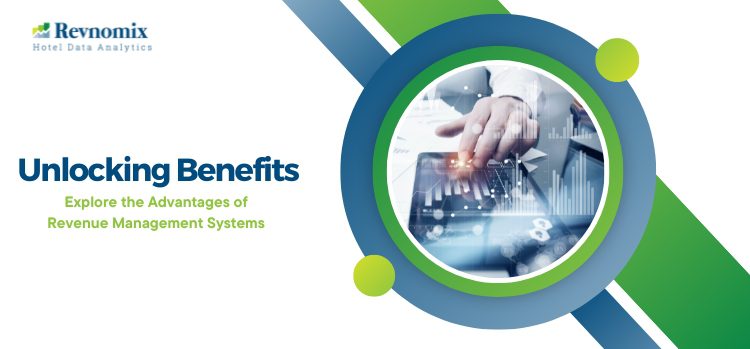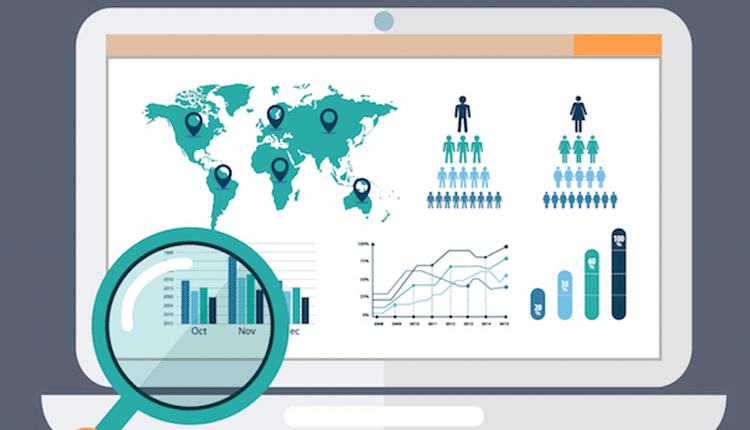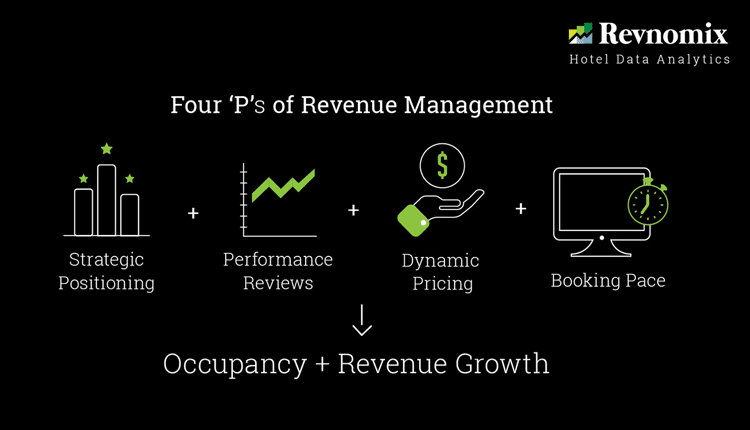In the dynamic landscape of the hospitality industry, staying ahead of the competition requires strategic decision-making backed by accurate data and insights. Revenue Management Systems (RMS) have emerged as indispensable tools for hotels, offering a range of features designed to optimize financial performance. In this article, we delve into the importance of revenue management, explore the key functions of RMS, and highlight the advantages that propel businesses toward success.
The Essence of Revenue Management
At its core, revenue management in the hospitality industry involves leveraging analytics and data to predict demand, make strategic pricing decisions, and maximize revenue. The goal is to sell the right room to the right customer at the right time and price. A robust revenue management strategy empowers hotel owners to make informed decisions, ensuring optimal room allocation, pricing, and distribution.
Unlocking the Potential: Revenue Management System Explained
A Revenue Management System (RMS) serves as a technological ally in the pursuit of financial optimization. It is a software solution that efficiently carries out revenue management tasks, leveraging data from the hotel and the broader market. The real-time analysis of market conditions and demand allows for precise room rate calculations and facilitates centralized decision-making through a user-friendly dashboard.
The Crucial Importance of RMS
For businesses in the hospitality sector, regardless of their size, the importance of an RMS cannot be overstated. The system enables swift and accurate calculations that would be impractical to replicate manually. Adjusting prices across various distribution channels becomes seamless, leading to improved key performance indicators such as Revenue per Available Room (RevPAR), ultimately enhancing both top and bottom lines.
In smaller hotels, where maximizing revenue per room is critical, an RMS streamlines operations and decision-making. In larger establishments, the workload of manual revenue management becomes overwhelming, making the adoption of an RMS imperative for making sound decisions and reducing errors.
Key Functions of an RMS
Dynamic Pricing Optimization:
Revnomix RMS employs advanced algorithms to analyze market demand, competitor pricing, and historical data to dynamically adjust pricing in real-time. This ensures optimal room rates, maximizing revenue potential.
Demand Forecasting:
The system utilizes predictive analytics to forecast future demand accurately. By analyzing various factors such as seasonality, events, and market trends, Revnomix RMS helps hoteliers make informed decisions on inventory and pricing strategies.
Inventory Management:
Efficient management of room inventory is crucial for revenue optimization. Revnomix RMS provides tools for monitoring and controlling room availability, preventing overbooking, and ensuring optimal room allocation based on demand fluctuations.
Competitor Analysis:
Revnomix RMS conducts a comprehensive analysis of competitor pricing, market positioning, and performance. This information enables hoteliers to stay competitive by adjusting their pricing and marketing strategies accordingly.
Rate Parity Monitoring:
Ensuring rate consistency across various distribution channels is vital for maintaining trust and maximizing revenue. The RMS monitors rate parity in real-time, preventing discrepancies and ensuring uniform pricing across online travel agencies (OTAs) and other platforms.
Performance Analytics:
Detailed performance reports and analytics provide valuable insights into the effectiveness of revenue management strategies. Revnomix RMS helps in evaluating the impact of pricing decisions, allowing for continuous improvement and optimization.
Channel Management:
Efficiently managing distribution channels is critical for reaching a wider audience. Revnomix RMS facilitates seamless integration with multiple distribution channels, allowing for centralized control and real-time updates across various platforms.
Forecast Accuracy Improvement:
Revnomix RMS continually refines its forecasting models through machine learning and data analysis. This leads to improved accuracy over time, helping hoteliers make more reliable predictions and optimize revenue strategies.
Alerts and Notifications:
The system provides timely alerts and notifications regarding market changes, competitor movements, or other relevant factors that may impact pricing and revenue. This ensures quick responsiveness to dynamic market conditions.
User-Friendly Interface:
Revnomix RMS features an intuitive and user-friendly interface, making it easy for hoteliers to navigate through the system, analyze data, and implement revenue management strategies effectively.
By incorporating these key functions, Revnomix RMS empowers hoteliers to make data-driven decisions, stay competitive in the market, and optimize revenue streams for sustained business growth.
Total Revenue Management: A Holistic Approach
While RMS focuses on room revenue optimization, total revenue management extends these tactics to all revenue sources within a hotel, including gyms, restaurants, spas, and conferencing services. This holistic approach ensures a comprehensive strategy for maximizing overall revenue.
Advantages of Using an RMS
The advantages of implementing a Revenue Management System are far-reaching:
Stress-free Data Collection: Streamlined workflows and automated processes reduce the stress of data collection, enabling more efficient operations.
Reduced Research Time: Instant access to trends and suggestions minimizes research time, allowing businesses to stay agile and responsive to market changes.
Increased Efficiency: Price optimization based on factual data, not assumptions, boosts efficiency and enhances overall revenue.
Algorithmic Price Optimization: RMS utilizes algorithms to optimize pricing strategies, ensuring the most competitive rates to boost RevPAR.
Integration with Existing Systems: Fully automated, RMS seamlessly connects with existing Property Management Systems (PMS) and Channel Managers, ensuring a cohesive operational environment.
Competitor Insights: Up-to-date information on competitors’ pricing and market behavior empowers businesses with a strategic edge.
Market Accessibility and Events Data: Access to market trends and events data facilitates informed decision-making, aligning strategies with the broader market context.
Cost and Time Savings: Streamlined distribution processes save both time and costs, allowing businesses to allocate resources more efficiently.
Cloud-based Visibility: A cloud-based system provides full visibility on key indicators, allowing for real-time monitoring and adaptability.
Flexibility and Scalability: RMS solutions are flexible and easily scalable, adapting to the unique needs of individual hotels.
24/7 Support: With round-the-clock support from industry experts, hotels can navigate challenges with confidence, leveraging years of experience.
Read More – Unlocking Success with Total Revenue Management
Embracing the Future with Revnomix RMS
One exemplary player in the RMS arena is Revnomix RMS. This innovative solution offers a plethora of benefits for hotels seeking to enhance their revenue management strategies:
Mobility and Accessibility: Improved performance is achieved through enhanced mobility and accessibility, enabling quick and informed decision-making.
Tailored Solutions: Revnomix RMS offers flexible, scalable solutions, easily adapting to the specific needs of individual hotels.
Industry Expertise: With 24/7 support backed by industry expertise, Revnomix RMS ensures that hotels can navigate challenges with confidence.
As the hospitality industry continues to evolve, embracing innovative solutions like Revnomix RMS becomes paramount for sustained success. Streamlined workflows, reduced research time, and increased efficiency are not just advantages; they are the cornerstones of a future-ready revenue management strategy.







